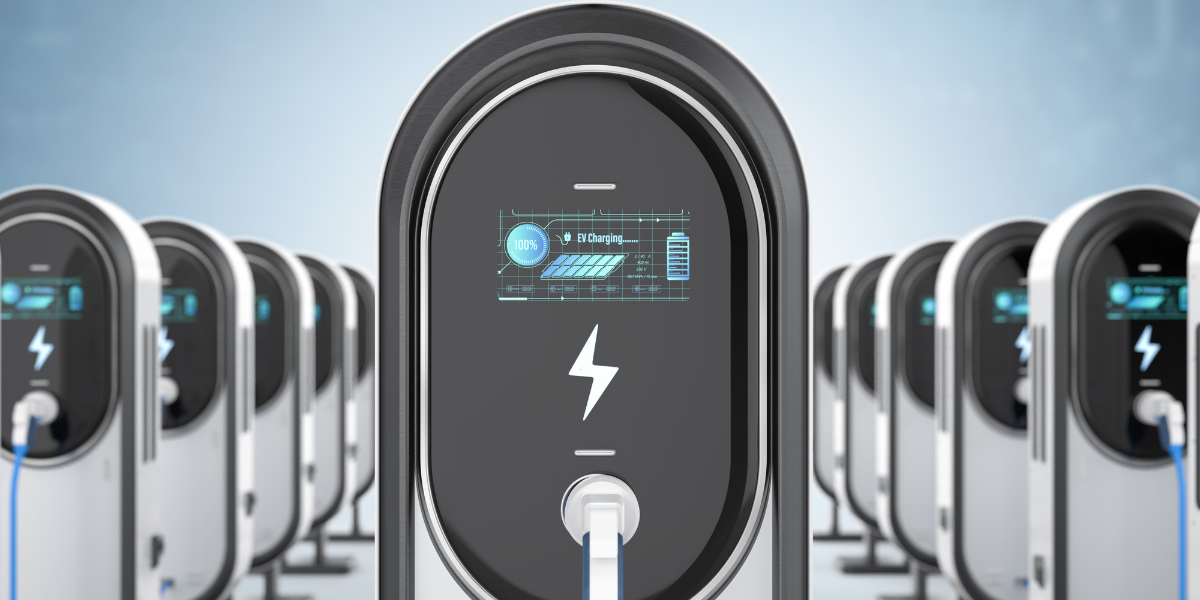Introduction
The electric vehicle (EV) market is booming, and with it comes a wealth of opportunities for entrepreneurs and businesses. One of the most promising avenues is becoming a distributor in the electric vehicle industry. As the world transitions towards sustainable transportation, the demand for electric vehicles continues to rise, making this an ideal time to explore distributorship opportunities. In this blog, we will delve into the essentials of becoming an EV distributor, the benefits, the challenges, and the steps to get started.
Understanding the Electric Vehicle Market
The Growth of the EV Market
The electric vehicle market has seen exponential growth over the past decade. According to the International Energy Agency (IEA), global electric car sales surpassed 6.6 million in 2021, more than doubling the previous year’s figures. Governments worldwide are pushing for greener transportation solutions through subsidies, incentives, and stricter emission regulations, which is further fueling the EV market’s expansion.
Key Players in the EV Industry
Several automakers have established themselves as key players in the EV market, including Tesla, Nissan, General Motors, BMW, and Volkswagen. These companies are constantly innovating and expanding their EV offerings, creating a diverse and competitive market.
The Role of Distributors in the EV Ecosystem
Distributors play a critical role in bridging the gap between manufacturers and consumers. They ensure that electric vehicles are available in various regions, manage logistics, provide after-sales support, and sometimes even help in setting up necessary infrastructure like charging stations.
Why Consider an EV Distributorship?
Growing Market Demand
With the increasing demand for electric vehicles, becoming an EV distributor presents a lucrative business opportunity. As more consumers shift towards sustainable transportation options, the need for reliable distribution networks is more critical than ever.
Government Incentives and Support
Many governments offer incentives not only to consumers but also to businesses involved in the EV supply chain. These incentives can reduce initial investment costs and improve profitability.
Environmental Impact
By becoming an EV distributor, you contribute to reducing carbon emissions and promoting sustainable transportation. This not only benefits the environment but also enhances your business’s reputation as a socially responsible entity.
Steps to Become an EV Distributor
Market Research
Conduct thorough market research to understand the demand for electric vehicles in your target region. Identify potential competitors, customer preferences, and the most popular EV models.
Choose the Right Manufacturer
Partnering with a reputable EV manufacturer is crucial. Look for manufacturers with a strong market presence, reliable products, and a good support system for their distributors. Tesla, Nissan, and BYD are examples of manufacturers with well-established distribution networks.
Understand the Legal Requirements
Familiarize yourself with the legal and regulatory requirements for distributing electric vehicles in your region. This includes obtaining the necessary licenses, permits, and adhering to safety and environmental standards.
Develop a Business Plan
Create a comprehensive business plan outlining your distribution strategy, target market, marketing plan, and financial projections. A well-thought-out business plan will not only guide your operations but also attract potential investors and partners.
Set Up Infrastructure
Ensure that you have the necessary infrastructure to support your distribution business. This includes warehousing facilities, a reliable transportation network, and charging infrastructure if required.
Build a Sales and Support Team
Hire and train a competent sales and support team. Your team should be knowledgeable about the electric vehicles you are distributing and capable of providing excellent customer service.
Challenges in the EV Distribution Business
High Initial Investment
Setting up an EV distributorship requires significant initial investment, including inventory, infrastructure, and marketing expenses. However, government incentives and strategic partnerships can help mitigate these costs.
Market Competition
The growing popularity of electric vehicles means increased competition. To stand out, focus on providing exceptional customer service, competitive pricing, and value-added services like after-sales support and maintenance.
Technological Advancements
The EV industry is rapidly evolving, with new technologies and models constantly being introduced. Staying updated with the latest advancements and continuously upgrading your offerings is essential to remain competitive.
Strategies for Success
Focus on Customer Education
Many consumers are still unfamiliar with the benefits and features of electric vehicles. Conduct educational campaigns to inform potential customers about the advantages of EVs, the available models, and how they can transition to electric transportation.
Leverage Digital Marketing
Utilize digital marketing strategies to reach a wider audience. Invest in a user-friendly website, social media campaigns, and search engine optimization (SEO) to attract potential customers and increase your online visibility.
Partner with Local Businesses
Collaborate with local businesses and organizations to promote electric vehicles. For example, partnering with real estate developers to install charging stations in new residential complexes can drive EV adoption.
Offer Value-Added Services
Differentiate your distributorship by offering value-added services such as financing options, extended warranties, and maintenance packages. These services can enhance customer satisfaction and loyalty.
The Future of EV Distribution
Expansion of Charging Infrastructure
The expansion of charging infrastructure is crucial for the widespread adoption of electric vehicles. Distributors can play a vital role by partnering with charging network providers and advocating for more charging stations in their regions.
Integration of Technology
The integration of advanced technologies such as the Internet of Things (IoT), artificial intelligence (AI), and blockchain can streamline distribution processes, improve efficiency, and enhance customer experience.
Sustainable Practices
Adopting sustainable practices in your distribution operations, such as using renewable energy sources and minimizing waste, can further enhance your business’s reputation and contribute to the overall goal of reducing carbon emissions.
Conclusion
The electric vehicle industry presents a wealth of opportunities for distributors. By becoming an EV distributor, you can tap into a growing market, benefit from government incentives, and contribute to environmental sustainability. However, success in this field requires thorough market research, strategic partnerships, and a focus on customer education and support. With the right approach, an EV distributorship can be a highly rewarding and profitable venture.

